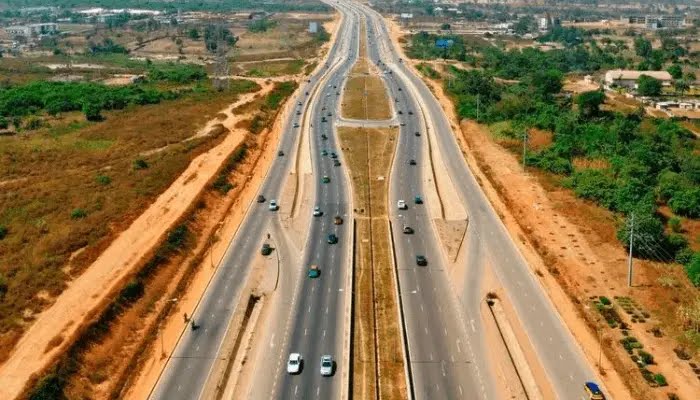N15tn Lagos-Calabar highway construction will continue despite court cases, says FG

The Minister of Works, David Umahi, has said the 700km Lagos-Calabar Coastal Highway followed all necessary legal and procedural requirements before it commenced construction.
Umuahi, who spoke on Thursday in Abuja during the press briefing organised to mark his first anniversary in office, reiterated the Federal Government’s commitment to completing the project which is supposed to end in eight years.
He said despite the court suits by landowners of some of the lands allocated for the highway, the Federal Government would continue construction of the highway.
He stated that the Federal government had been paying compensation to the land owners affected by the N15.36tn coastal highway, which commenced construction in March 2024 would be built on concrete pavement.
He said, “We are paying compensation. We are following the corridor’s right of way. We are following the corridor that is legally allowed for the Federal Government,” he said.
On the claims that the project lacked proper authorisation, the minister said, “That is the beauty of democracy, and under the guise of democracy we have some fraudulent individuals who want to reap where they did not sow. We have not just one court case, we have over six, but we are equal to the task.”
Expressing his confusion over the lawsuits, Umahi added, “And so, we don’t know what they are taking to court.”
He added that the project’s procurement process was above board, having been approved by the Federal Executive Council under the Restrictive Procurement Act.
“My Permanent Secretary is a procurement expert, and I have a very good Department of Public Procurement and good directors, but the project was approved by the Federal Executive Council under restrictive procurement,” he said.
Umahi noted that no new project would be included in the 2025 budget unless directed by President Bola Tinubu, adding that instead, the government would focus on completing existing projects and intervening in critical areas such as roads and infrastructure.
“We need to fix the weak links immediately. If the road is bad, we need to fix it immediately,” Umahi said.











